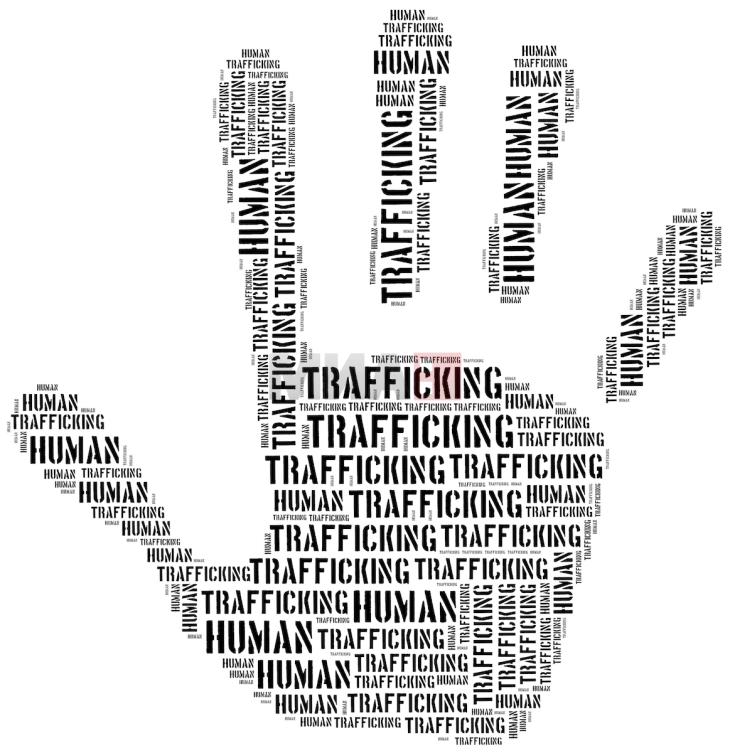GRETA: North Macedonia’s legislative framework improved, but human trafficking victims need better access to justice and effective remedies
- In its third-round evaluation report published today, the Group of Experts on Action against Trafficking in Human Beings (GRETA) welcomes North Macedonia’s progress in developing the legislative anti-human trafficking framework, but calls for its better implementation in terms of victims’ access to justice and effective remedies.
- Post By Ivan Kolekevski
- 15:49, 27 March, 2023

Strasbourg, 27 March 2023 (GRETA/MIA) – In its third-round evaluation report published today, the Group of Experts on Action against Trafficking in Human Beings (GRETA) welcomes North Macedonia’s progress in developing the legislative anti-human trafficking framework, but calls for its better implementation in terms of victims’ access to justice and effective remedies.
Based on a GRETA visit to the country in March last year and information provided by the authorities and civil society, the report notes that the number of formally identified victims has been low (between two and nine per year, except for 2021 when 39 victims from Taiwan were identified), with a shift to labour exploitation as the predominant form of exploitation.
The improvements of the legislative framework include the 2018 Law on Foreigners, which provides for a recovery and reflection period and renewable residence permits for victims of trafficking based on their personal situation. A specific provision on the non-punishment of victims of human trafficking was included in the Criminal Code. Further, the Law on the Payment of Monetary Compensation to Victims of Violent Crimes was adopted in November 2022, introducing state compensation for victims of human trafficking. The designation of the Office of the Ombudsman as National Rapporteur on Combating Trafficking in Human Beings is also welcomed by GRETA.
GRETA finds that the provisions for legal assistance to victims of human trafficking lack clarity and notes gaps in their application. It urges the authorities to ensure a clear basis to provide legal assistance as soon as there are reasonable grounds for believing that a person is a victim of trafficking.
Furthermore, GRETA considers that victims should have effective access to the labour market and be provided with vocational training and job placement to boost their social and economic inclusion.
While commending the setting up of a National Unit for Combating Trafficking in Human Beings and Smuggling of Migrants and the increase in the number of convictions compared to the previous evaluation period, GRETA notes that in most cases the sentences were well below the statutory minimum.
The Council of Europe’s anti-trafficking expert group urges the authorities to strengthen the human, financial and technical capacities of law enforcement agencies to enable them to proactively investigate human trafficking offences, making use of all possible evidence, including evidence gathered through special investigative measures, as well as financial and digital evidence.
Examining the implementation of previous GRETA recommendations, the report welcomes the training provided for labour inspectors, but urges the authorities to clarify the mandate of the Labour Inspectorate and to provide it with adequate human and financial resources.
The revision of North Macedonia’s Standard Operating Procedures for Treatment of Victims of Trafficking in Human Beings and the work of five mobile teams for the identification of possible trafficking victims are also welcomed. GRETA calls for further strengthening the identification of victims by involving the Police Unit for Combating Human Trafficking in joint inspections with the Labour Inspectorate and in the raids conducted by other police units on premises where victims are likely to be detected.
GRETA is concerned by the continuing absence of safe accommodation for male victims of trafficking and the lack of adequate accommodation for child victims. GRETA therefore urges the authorities to provide adequate financial and human resources for the assistance of victims of trafficking, including by specialised NGOs mandated to provide assistance, and to ensure that all victims of trafficking are guaranteed effective access to public health care.







